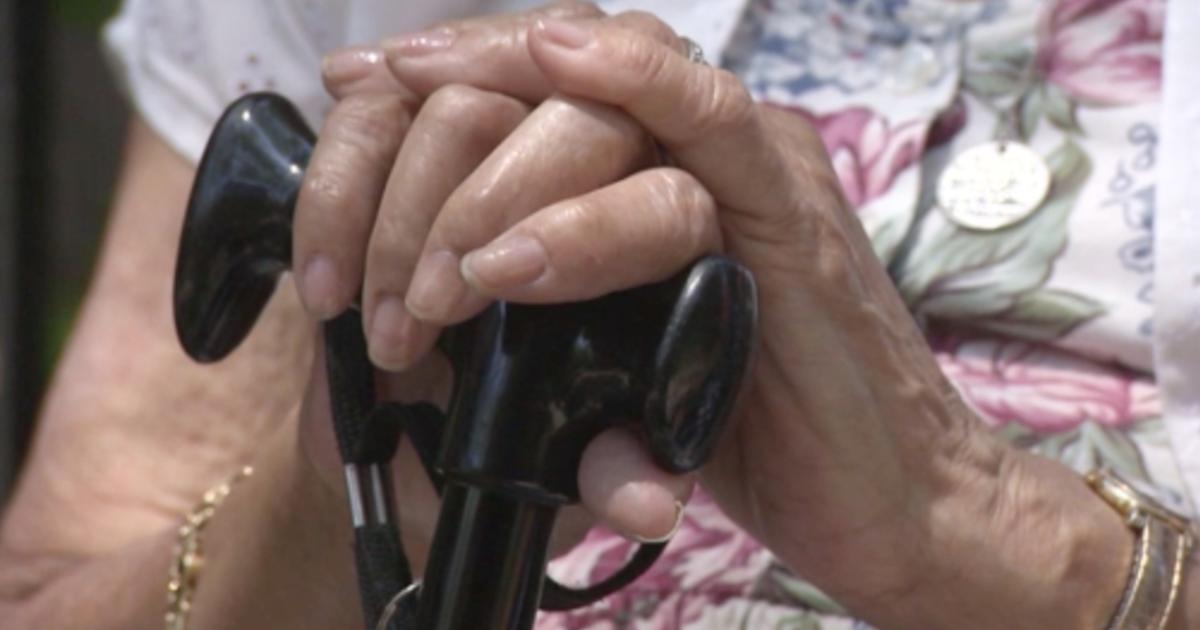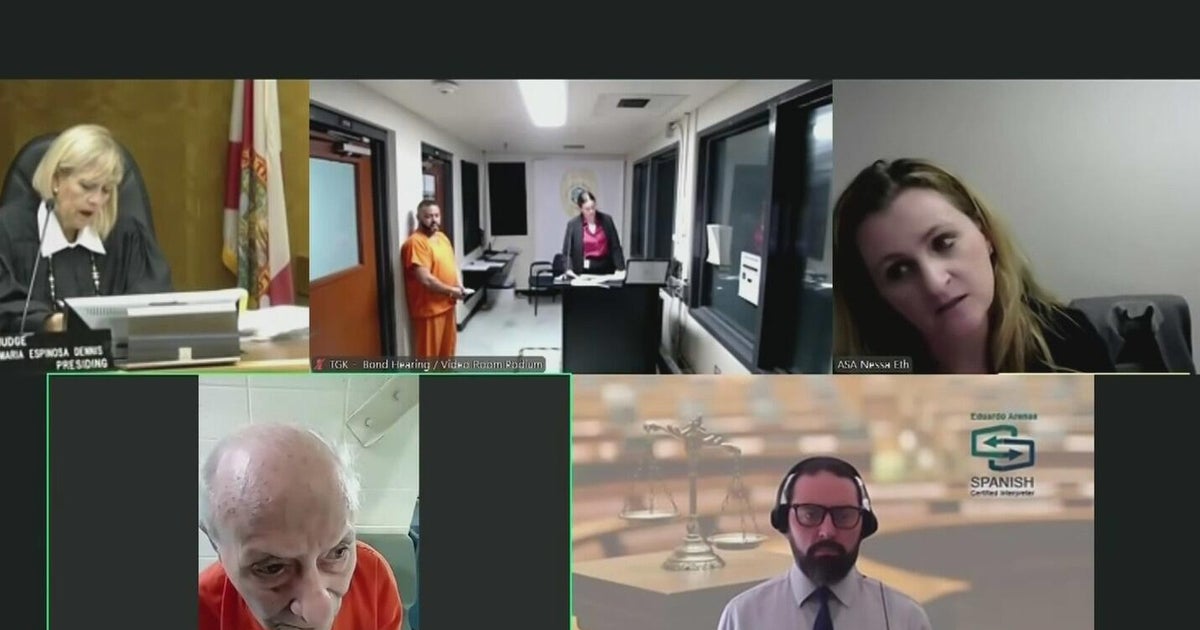TALLAHASSEE – A judge has cleared the way for a class-motion lawsuit alleging that Florida’s Medicaid software has violated federal laws by denying protection for incontinence supplies for adults with disabilities.
U.S. District Choose Marcia Morales Howard issued a 37-webpage selection granting a ask for by lawyers for two women and the organization Incapacity Rights Florida to handle the situation as a class action. Although it is not obvious how a lot of persons the scenario could influence, the determination cited a single estimate that at minimum 480 Medicaid beneficiaries a calendar year turn 21 and get rid of protection for incontinence materials that they received as youngsters.
“In this article, AHCA’s (the condition Agency for Health Treatment Administration’s) policy categorically excluding incontinence materials for persons more than the age of 21 from Medicaid coverage applies usually to the proposed class,” Morales Howard wrote. “In addition, plaintiffs seek out a declaration that this coverage violates federal regulation and a long term injunction prohibiting AHCA from continuing to implement this policy. If plaintiffs had been to succeed in their worries, these kinds of injunctive and declaratory aid would be proper with regard to all associates of the course.”
The lawsuit, submitted in July in federal court in Jacksonville on behalf of Duval County resident Blanca Meza and St. Johns County resident Future Belanger, contends that the condition is violating federal Medicaid legislation and laws together with the Americans with Disabilities Act.
It claimed the point out delivers incontinence supplies, these as briefs, diapers and underpads, for Medicaid beneficiaries beneath age 21 and for certain older people, which includes men and women in nursing residences.
But the lawsuit said the point out stopped supplying the provides to Meza and Belanger just after they turned 21, although they are incontinent and unable to treatment for them selves. As an illustration of their disabilities, the lawsuit said Meza “is diagnosed with spastic quadriplegic cerebral palsy, muscle mass spasticity, neuromuscular scoliosis and partial epilepsy.”
“Plaintiffs are medically fragile grown ups each with bladder and bowel incontinence,” the lawsuit stated. “As reduced-cash flow Florida residents with important disabilities, they obtain their overall health services by means of Florida’s Medicaid application. Plaintiffs’ physicians have recommended specific incontinence provides, including briefs and underpads, as medically required to treat plaintiffs’ incontinence, retain their pores and skin dry and thoroughly clean, stop skin breakdowns and bacterial infections and sustain their means to are living in the community.”
The point out has fought the lawsuit and the request to make it a class motion. In a document submitted in September, attorneys for the state argued, in section, that the Medicaid plan operates underneath polices authorized by the federal Centers for Medicare & Medicaid Services.
“Defendant (the point out) has a thorough, efficiently doing work approach for furnishing capable folks with essential solutions to avoid unnecessary institutionalization,” the doc said. “Alternatively, any relief the court deems important should be confined to narrowly address the hurt prior to it and not unnecessarily have an affect on defendant’s otherwise extensive, successfully doing work strategy for the shipping and delivery of Medicaid companies that has been reviewed and permitted by CMS (the Facilities for Medicare & Medicaid Solutions).”
Morales Howard, in her March 27 decision, mentioned the plaintiffs experienced fulfilled a sequence of legal demands to go after the case as a class motion. Those needs consist of showing that the authorized difficulties are popular to possible class members and that the claims involving Meza and Belanger are regular of the course.
“Both Meza and Belanger are grownup Medicaid beneficiaries with prescriptions for incontinence materials that were being categorically denied primarily based on their age,” Morales Howard wrote. “Meza and Belanger the two dwell at household and their managing medical doctor thinks it is in their greatest fascination to remain there. Though the specific professional medical and monetary situations of every single plaintiff may well be one of a kind, as will be correct of all class members, Meza and Belanger’s promises are completely common of the promises of class users frequently.”
While the scenario will go ahead as a course action, it continues to be far from remaining solved, Morales Howard, who was appointed to the bench by previous President George W. Bush, issued an get in February that mentioned a trial is scheduled in January 2024.




